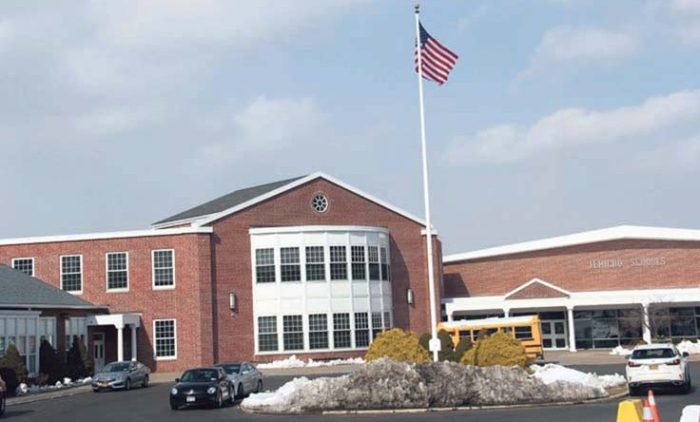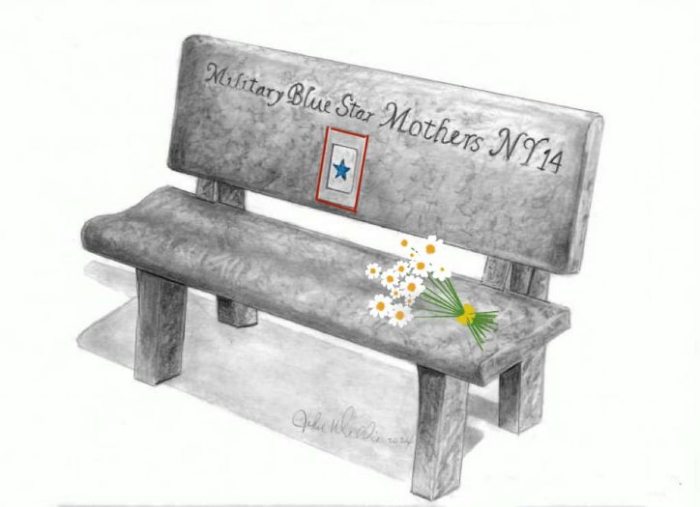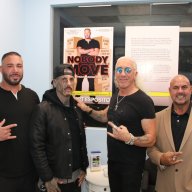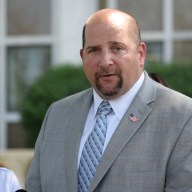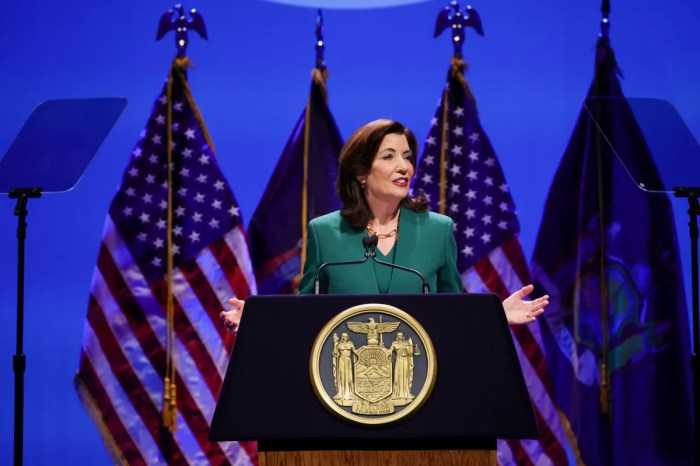
Assemblywoman Michaelle Solages recently joined several colleagues in the New York State Senate and Assembly to introduce legislation that would ensure adequate financial support for the use of donated, pasteurized breast milk, a life-saving, cost-effective treatment for high-risk, premature infants born at less than 3 ½ pounds. If signed into law, New York will join California, Missouri, Kansas, Texas, Utah and Washington D.C. in providing insurance coverage for donor human milk. Providing coverage for donor milk from a certified milk bank for use in feeding low birth weight infants, whose mothers cannot for medical reasons provide breast milk, will, Solages said, provide New York’s neonatal physicians with a successful, cost-effective method for helping prevent complex infection, illness and even death in babies.
Based on New York State live birth data, the bill’s sponsors said that approximately 3,500 infants would be eligible for this treatment under the new legislation. “Access to affordable donor breast milk for these infants could save the state an estimated $10.5 million in direct hospitalization costs,” said Assemblyman Steven Englebright. Such infants often spend months in neonatal intensive care units. Low birth weight infants, the bill’s sponsors added, suffer primarily from respiratory, neurologic and nutritional disorders. And for mothers who cannot provide breast milk for medical or other reasons, donor milk, the sponsors claim, is better suited to the fragile digestive systems of newborns than commercial formulas. Due to the high costs associated with securing donor breast milk, some hospitals allow parents to purchase donor human milk from a certified donor human milk bank. Still, there is a question of costs for low-income mothers, something the legislation hopes to allieviate.
New Hyde Park recently became home to Macaluso Medical on Hillside Avenue, the first nonprofit milk depot on Long Island.
Dr. Lauren Macaluso helped to bring the depot to New Hyde Park.
“It is the first depot on Long Island in coordination with the New York State Milk Bank,” Macaluso said last month in an interview with The Floral Park Dispatch. “We have had one big donor so far and have been getting a lot of calls from women who want to donate their milk.”
In order for women to donate their milk they must first go through a detailed screening process by the state’s milk bank, Macaluso noted. The process, she added, requires women to first be screened by phone and then goes over their full medical history. The prospective donors are also tested for diseases such as HIV and hepatitis and records must be supplied by their physician and their baby’s physician.
If they are approved for the milk bank, they are given a donor identification number and are asked to bring their supply of milk to their nearest depot, which in this case, would mean Maclauso Medical.
Macaluso said the goal with the Milk Bank is to open up more depots throughout New York to help women feed their babies.
“People are going to want this, they’re going to ask for this. Mothers want to maximize their infant’s health,” said Macaluso.




